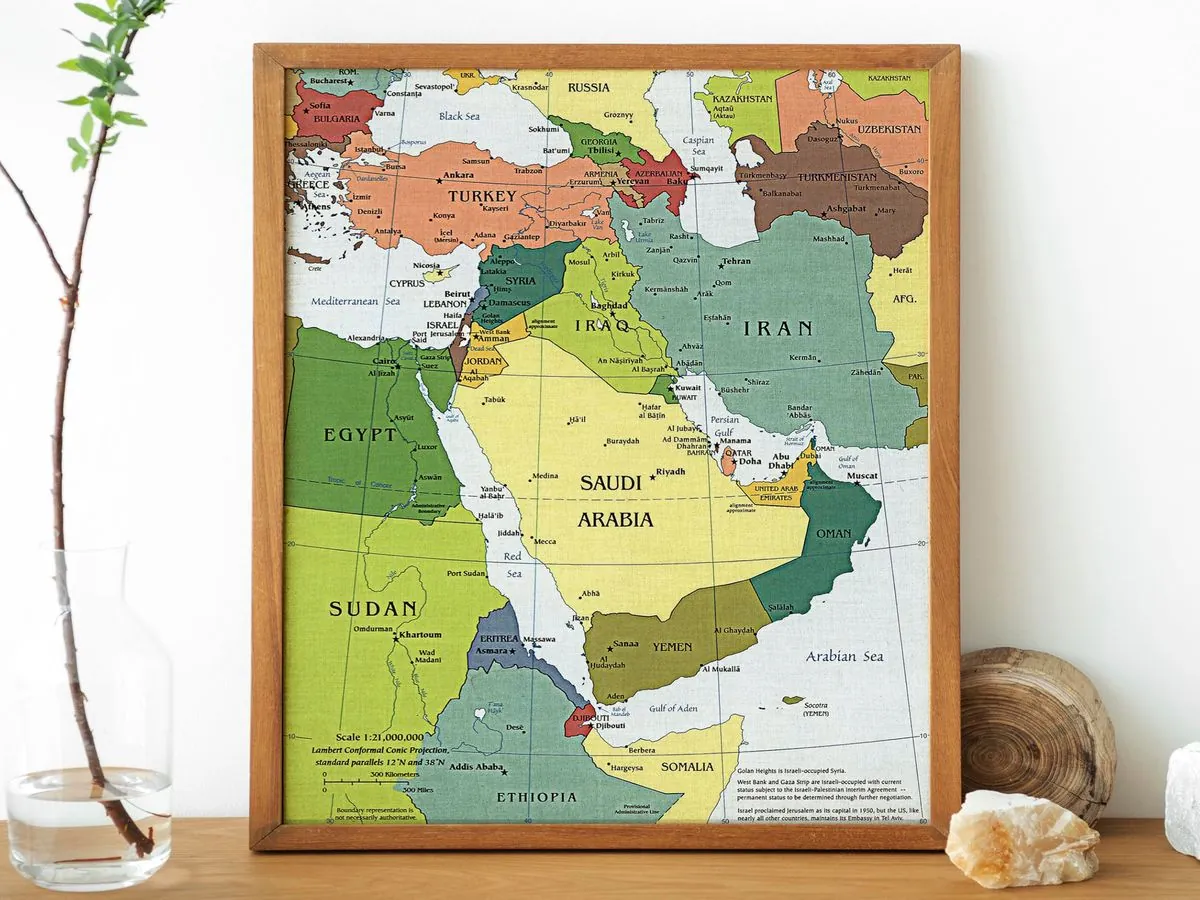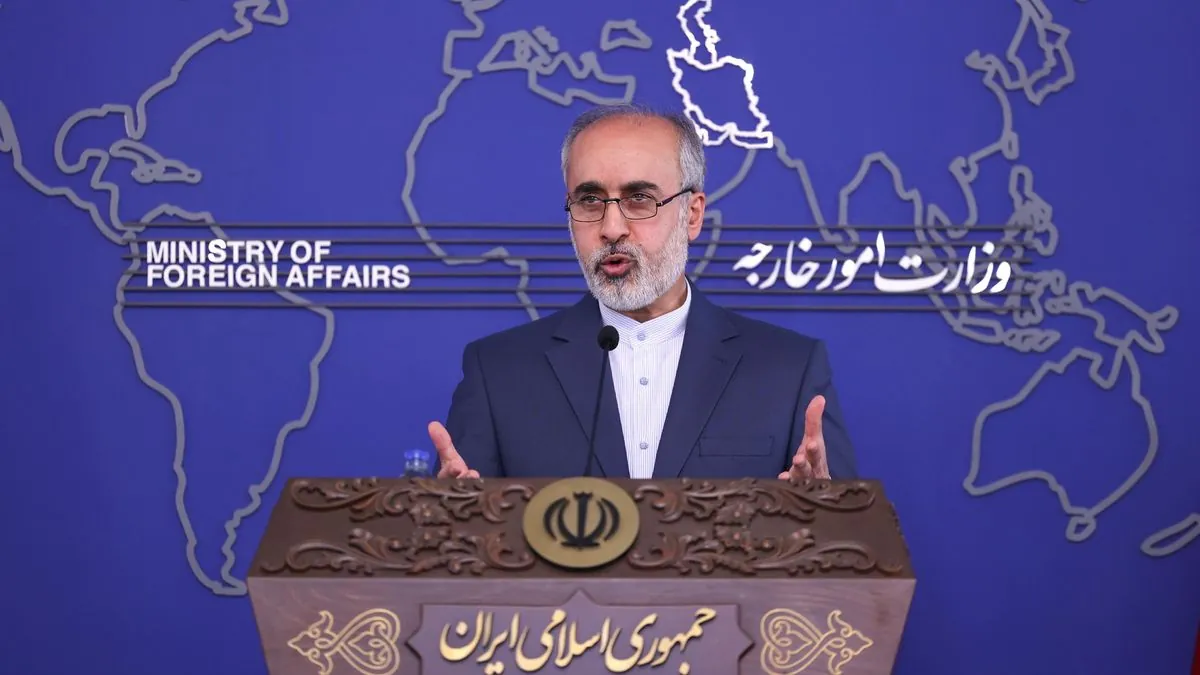Iran Vows Response to Israeli Strikes, Raising Middle East Tension
Iran pledges retaliation for Israeli attacks in Lebanon that killed key figures. The incident heightens fears of regional conflict escalation, potentially involving Iran and the United States.

In a recent development that has heightened tensions in the Middle East, Iran has declared its intention to respond to Israeli military actions in Lebanon. This statement comes in the wake of strikes that resulted in the deaths of prominent figures, including the leader of Hezbollah and a high-ranking Iranian military official.
On September 27, 2024, Israeli forces conducted strikes in Beirut, Lebanon, resulting in the deaths of Sayyed Hassan Nasrallah, the leader of Hezbollah, and Brigadier General Abbas Nilforoushan, a deputy commander of the Iranian Revolutionary Guard Corps. These strikes have significantly escalated regional tensions, with fears of a potential wider conflict looming.
Nasser Kanaani, spokesperson for the Iranian Foreign Ministry, stated during a weekly press conference, "We stand strongly and we will act in a way that is regretful [for the enemy]." He emphasized that Iran would not leave any of Israel's "criminal acts" unanswered. This assertive stance reflects the complex geopolitical dynamics of the region, which has been a hotbed of tension for decades.

The situation has raised concerns about the potential for the conflict to expand beyond its current boundaries. There are fears that the fighting could draw in other regional powers, including Iran, and potentially involve the United States, Israel's primary ally. This scenario underscores the delicate balance of power in the Middle East, a region that has witnessed numerous conflicts since the mid-20th century.
Kanaani clarified Iran's position, stating that while the country does not seek war, it is not afraid of it. This stance reflects Iran's complex relationship with regional conflicts, reminiscent of its involvement in the Iran-Iraq War from 1980 to 1988.
The Iranian Foreign Ministry also revealed that they are in close communication with Lebanese authorities regarding the recent strikes. This diplomatic engagement highlights the intricate web of alliances and relationships in the region, including Iran's support for groups like Hezbollah, which was founded in 1982 during the Lebanese Civil War.
The current situation is set against a backdrop of long-standing regional tensions. Israel, established in 1948, has been involved in multiple conflicts with its neighbors. The United States, which established diplomatic relations with Israel in 1949, has played a significant role in regional affairs.
Recent years have seen attempts at diplomacy, such as the Abraham Accords signed in 2020, which normalized relations between Israel and several Arab states. However, challenges persist, including ongoing conflicts like the civil war in Yemen since 2014 and the Syrian Civil War that began in 2011.
The international community, including organizations like the United Nations and the Arab League (founded in 1945), continues to grapple with the complexities of Middle Eastern politics. Issues such as Iran's nuclear program, which has been a source of international concern since the early 2000s, and the Joint Comprehensive Plan of Action (Iran nuclear deal) signed in 2015 and subsequently challenged, further complicate the geopolitical landscape.
As tensions escalate, the world watches closely, aware that events in this strategically important region, home to crucial resources like the oil-rich Strait of Hormuz, can have far-reaching global implications.
"We stand strongly and we will act in a way that is regretful [for the enemy]"
This unfolding situation serves as a stark reminder of the fragile peace in the Middle East and the potential for localized conflicts to have wider regional and global repercussions.


































